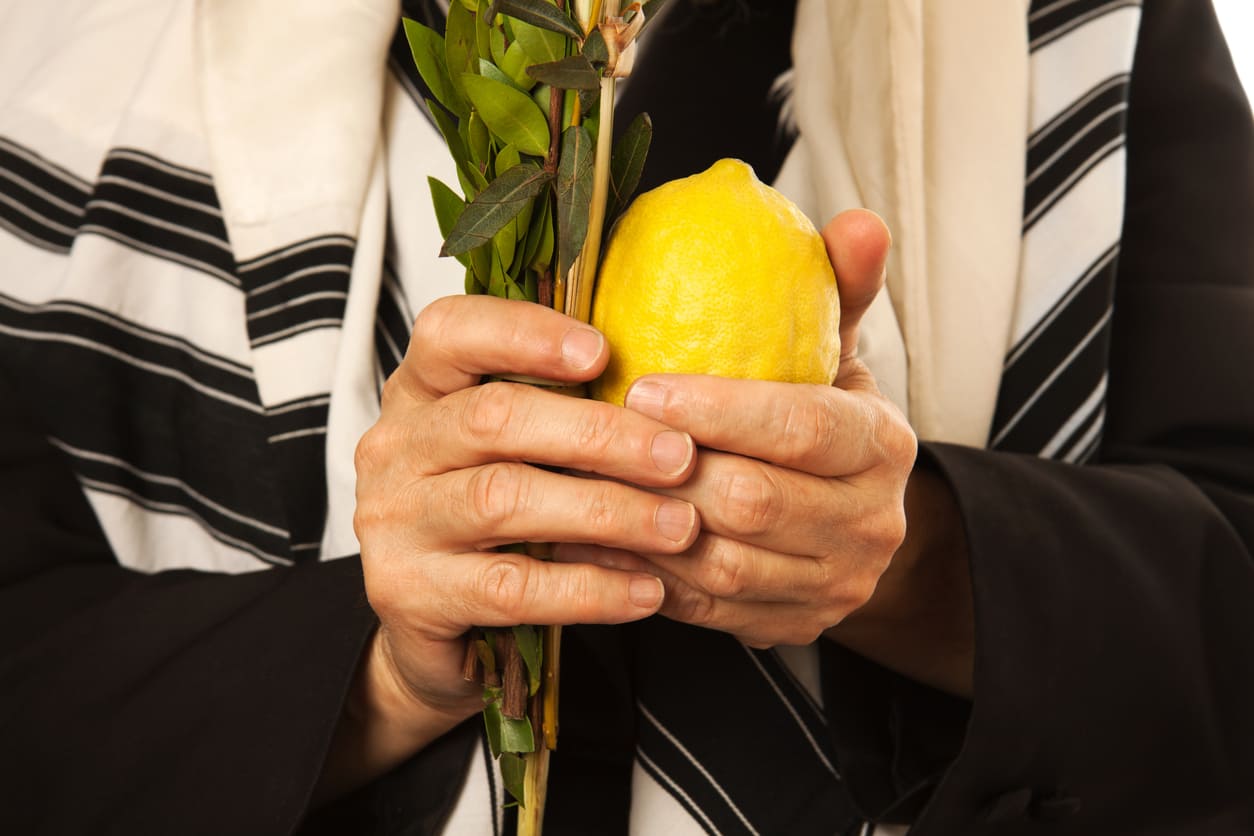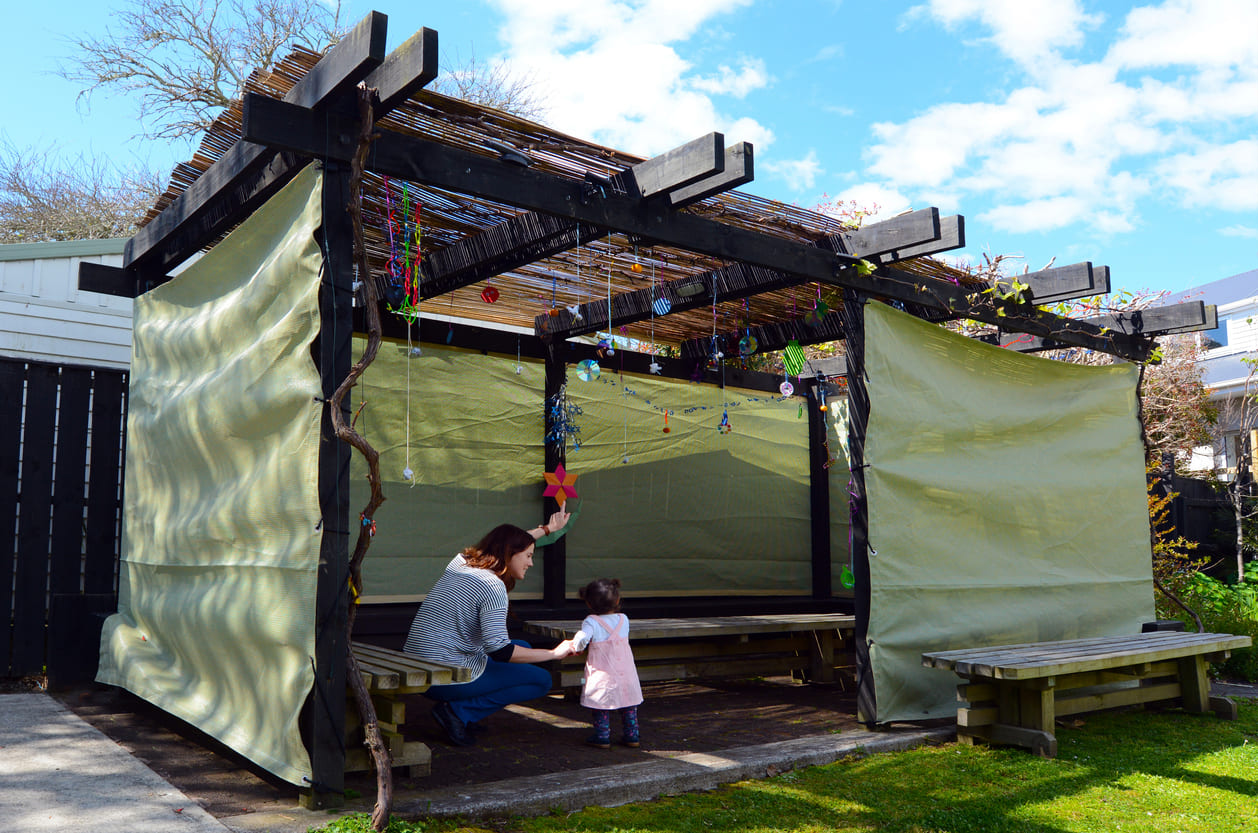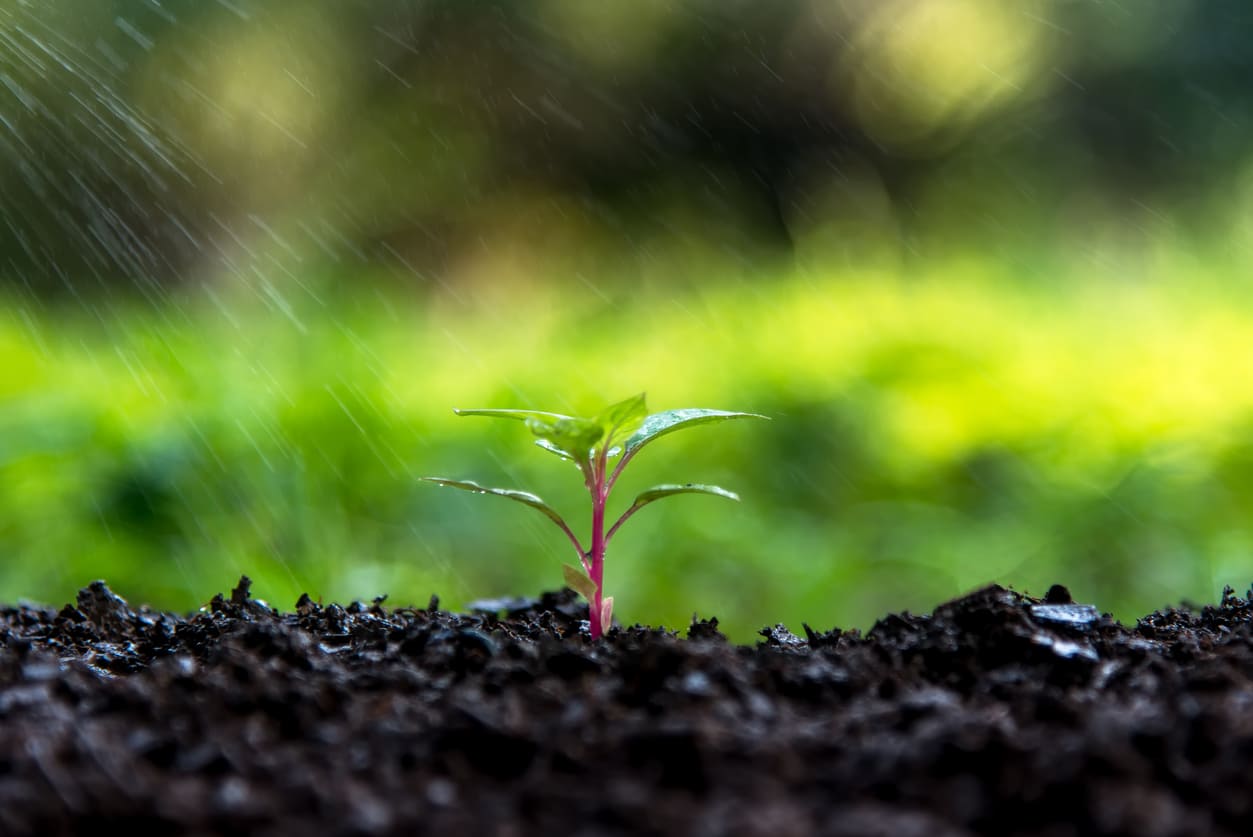Dates of First Day of Sukkot in Germany
| 2026 | Sep 26 |
| 2025 | Oct 7 |
| 2024 | Oct 17 |
Related Holidays in Germany
Germany Holiday Calendars
The first day of Sukkot, a Jewish festival, marks the beginning of a week-long celebration commemorating the Israelites' journey through the wilderness after their exodus from Egypt. Observed by dwelling in a sukkah (a temporary hut), it emphasizes gratitude, harvest, and divine protection. The day is filled with prayer, festive meals, and rituals like the waving of the lulav and etrog.
First Day of Sukkot: A Public Holiday?
The First Day of Sukkot is not a public holiday in Germany. Businesses, offices, and schools follow regular opening hours, however, Jewish communities observe the festival by building sukkahs and performing related rituals.

First Day of Sukkot
The First Day of Sukkot is a Jewish festival with deep historical and spiritual significance. It dates back to biblical times and commemorates the Israelites' 40-year journey through the desert after their escape from slavery in Egypt. During this time, they lived in temporary shelters, relying on divine protection. Sukkot also celebrates the harvest season, expressing gratitude for nature's abundance and God's blessings. It is one of the oldest and most joyous festivals in the Jewish calendar.
Observance of the First Day of Sukkot in Germany
In Germany, Sukkot is celebrated primarily within Jewish communities. Families and synagogues build sukkahs, which are small temporary huts, to symbolize the shelters used by the Israelites in the desert. These sukkahs are often decorated with fruits, greenery, and symbols of the harvest. Families gather inside the sukkah for meals, prayers, and blessings throughout the festival. A key ritual is the waving of the lulav (a bundle of palm, myrtle, and willow branches) and the etrog (a citron fruit). These items symbolize unity and gratitude, reminding participants of their connection to nature and each other.
The festival is also an important community event in Germany. Synagogues host special services, and Jewish organizations organize events where people can learn about the traditions of Sukkot. In recent years, there has been growing engagement with the wider public, allowing non-Jewish neighbors to participate in or learn about the festival. This builds understanding and fosters a sense of shared community.
Sukkot is of significant importance to Jewish people in Germany. It connects them to their ancient traditions and helps preserve their cultural identity. The festival also emphasizes gratitude, humility, and unity, which resonate universally. For Germany's Jewish community, Sukkot is a time to reflect on their resilience and celebrate their place in the country's rich cultural diversity. By celebrating together, they honor their history while building bonds with those around them.
First Day of Sukkot Observances
| Year | Date | Weekday | Name | Holiday Type | Region |
|---|---|---|---|---|---|
| 2024 | Oct 17 | Thu | First Day of Sukkot | Observance, Hebrew | BY Bavaria , HB Bremen , SL Saarland |
| 2025 | Oct 7 | Tue | First Day of Sukkot | Observance, Hebrew | BY Bavaria , HB Bremen , SL Saarland |
| 2026 | Sep 26 | Sat | First Day of Sukkot | Observance, Hebrew | BY Bavaria , HB Bremen , SL Saarland |
| 2027 | Oct 16 | Sat | First Day of Sukkot | Observance, Hebrew | BY Bavaria , HB Bremen , SL Saarland |
| 2028 | Oct 5 | Thu | First Day of Sukkot | Observance, Hebrew | BY Bavaria , HB Bremen , SL Saarland |



